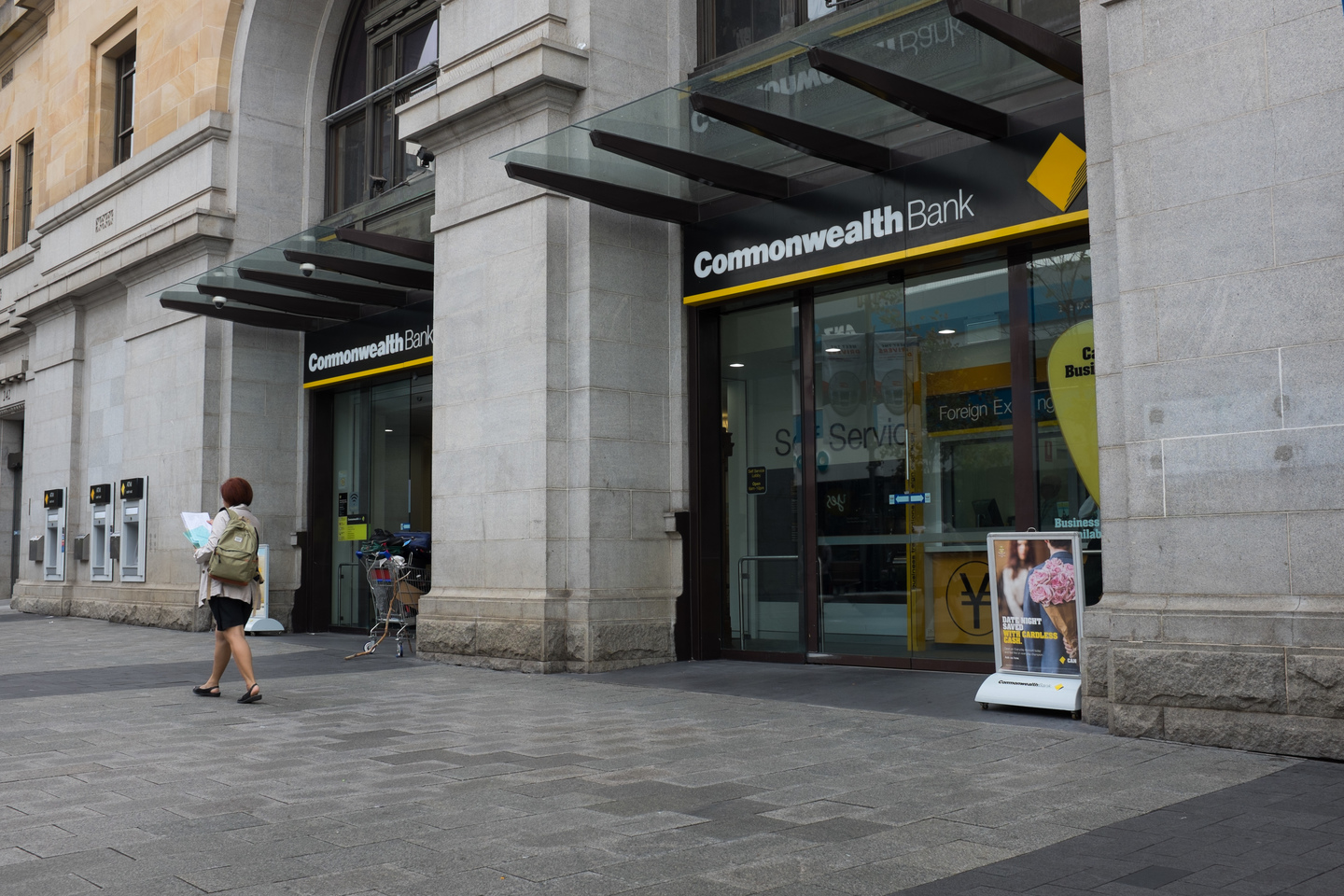Small businesses impacted by the coronavirus crisis will be able to defer their loan repayments for six months under a plan put forward by the banking industry.


Small businesses impacted by the coronavirus crisis will be able to defer their loan repayments for six months under a plan put forward by the banking industry.
"This is a multi-billion-dollar lifeline for small businesses when they need it most, to help keep the doors open and keep people in jobs," Australian Banking Association chief executive Anna Bligh said on Friday.
"All that a business has to do is register their need with their bank," Ms Bligh said.
Today's announcement follows the Reserve Bank cutting the interest rate to a record-low of 0.25 per cent in an historic suite of measures to offset a likely loss of jobs and income during the COVID-19 pandemic.
Australia's small businesses collectively have $100 billion in loans and this bailout could put up to $8 billion back in their pockets, Ms Bligh said.
National Australia Bank said its personal customers will be able to pause home loan repayments for up to six months, including a three-month checkpoint.
For a customer with a typical home loan of $400,000, this will mean access to an additional $11,006 over six months, or $1,834 per month.
NAB's business customers will be able to freeze principal and interest repayments for up to six months on business loans, including floating and variable rates, and equipment finance loans.
The bank, like Commonwealth Bank of Australia, will not pass on Thursday's rate cut to variable home loan customers.
For depositors, NAB has introduced a 10-month term deposit rate of 1.75 per cent in recognition that this low interest rate environment is hurting savers.
Westpac meanwhile copied CBA's move of reducing its one, two and three-year fixed home loan rates to 2.29 per cent, and raised rates on 12-month term deposits to 1.7 per cent.
Westpac also said it would cut overdraft rates for small business customers by 200 basis points, and interest rates on variable loans to small business customers by 100 basis points.
"This is a once in a lifetime event and a unified response by government, regulators and corporate Australia is exactly what we need," acting chief executive Peter King said.
Ms Bligh said that small businesses need relief and "they can rest assured their banks have got their back".
There's no set definition in the relief package over which businesses are eligible, Ms Bligh said.
"We won't be looking to draw arbitrary lines in the sand," she said. "Banks know who their small businesses are."
While small businesses are clearly in crisis, so far the banks haven't heard that mortgage customers are having trouble making loan payments, she said.
The bailout package was designed in consultation with the Australian Prudential Regulation Authority and the Australian Securities and Investments Commission.
Ms Bligh said for the past decade Australia's banking system had worked to increase capital buffers in the event of a rainy day.
Regulators were telling them it was appropriate to draw those buffers down now that that rainy day has arrived, she said.
Prudential regulator APRA already announced it will temporarily lower its expectations regarding bank capital ratios to ensure banks can continue to provide credit in a coronavirus-affected environment.













